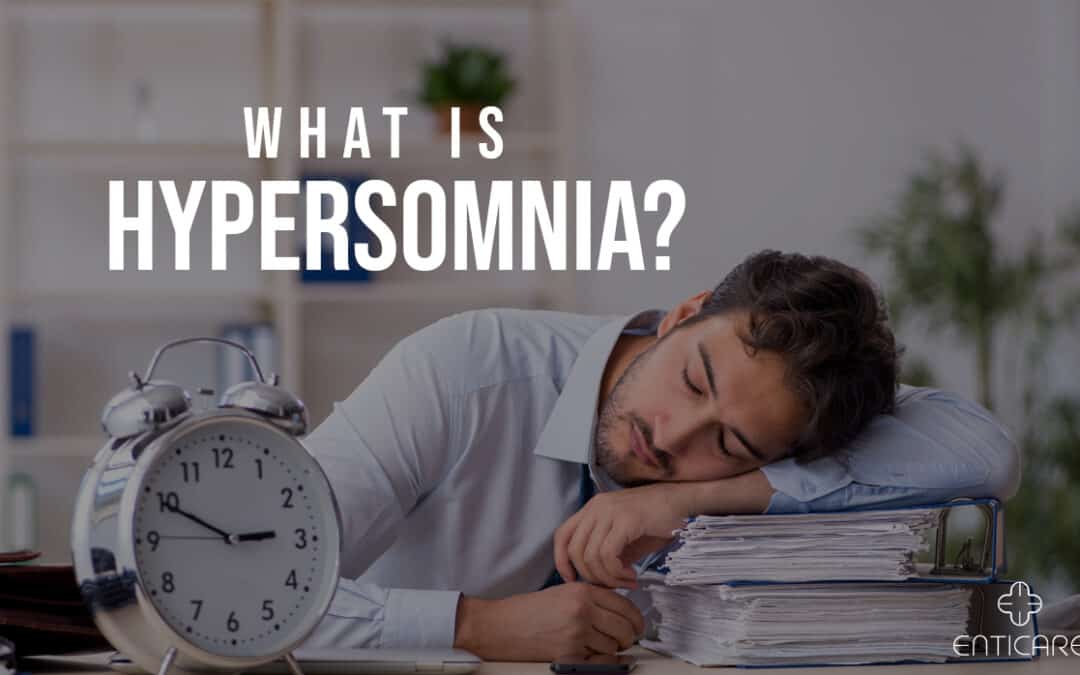Hypersomnia, a sleep disorder marked by excessive daytime sleepiness and prolonged nighttime sleep, can significantly impact daily life. Discover its types, diagnosis, and treatment options to manage symptoms effectively.
What is Hypersomnia?
Hypersomnia, often referred to as “excessive sleepiness,” is a sleep disorder characterized by an overwhelming urge to nap during the day and extended periods of sleep at night. Despite the excessive sleep, individuals affected often wake up feeling tired and groggy, making it challenging to stay alert and focused during the day.
Types of Hypersomnia
There are two main types:
- Primary Hypersomnia: This is a rare condition where excessive sleepiness is the primary symptom, occurring without any underlying medical or psychiatric conditions.
- Secondary Hypersomnia: More common, secondary hypersomnia is caused by underlying medical conditions such as narcolepsy, depression, or obstructive sleep apnea.
Impact and Diagnosis of Hypersomnia
The effects extend beyond mere inconvenience; it can impair daily activities, relationships, and job performance. Additionally, individuals are at an increased risk of motor vehicle accidents and other forms of injury due to their excessive sleepiness.
Diagnosis
Diagnosing hypersomnia typically involves a comprehensive evaluation, including:
- A detailed medical history
- Physical examination
- Sleep study (polysomnography) to monitor sleep patterns
- Evaluation to rule out underlying medical or psychiatric conditions contributing to excessive sleepiness
Treatment Options
Effective management involves:
- Lifestyle Changes: Practicing good sleep hygiene, avoiding alcohol and caffeine, and regular exercise.
- Medication: Stimulants or antidepressants.
- Behavioral Therapy: Cognitive-behavioral therapy.
Seeking Help
Living with hypersomnia can be challenging, but with proper treatment, many can lead fulfilling lives. It’s crucial to seek medical help to avoid serious consequences for health and well-being.
Conclusion
Hypersomnia, characterized by excessive daytime sleepiness, poses challenges to daily life. Understanding its causes and treatment options empowers individuals to manage symptoms effectively. If you suspect you have these symptoms, reach out to our providers at Enticare for assistance at 480-214-9000.

